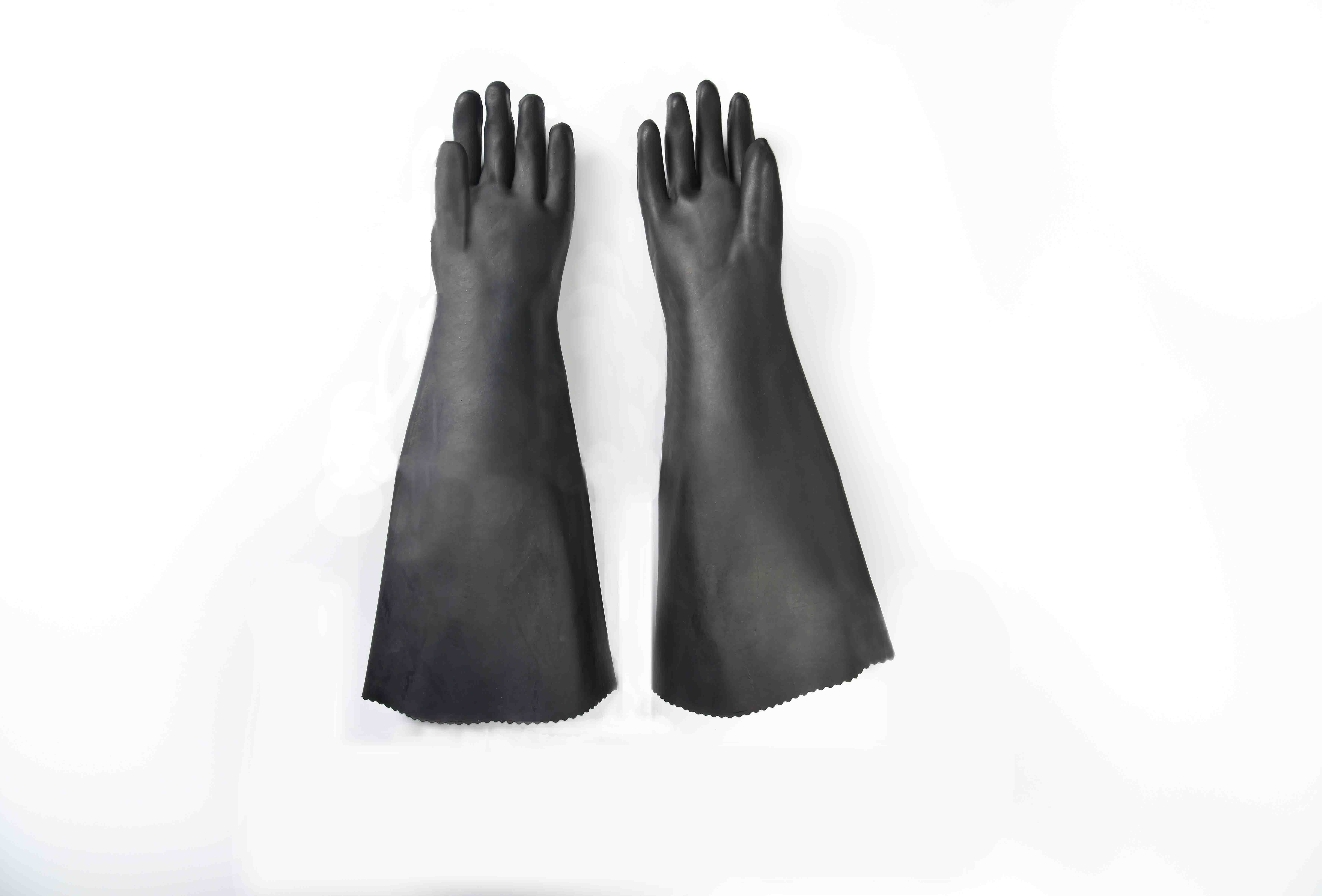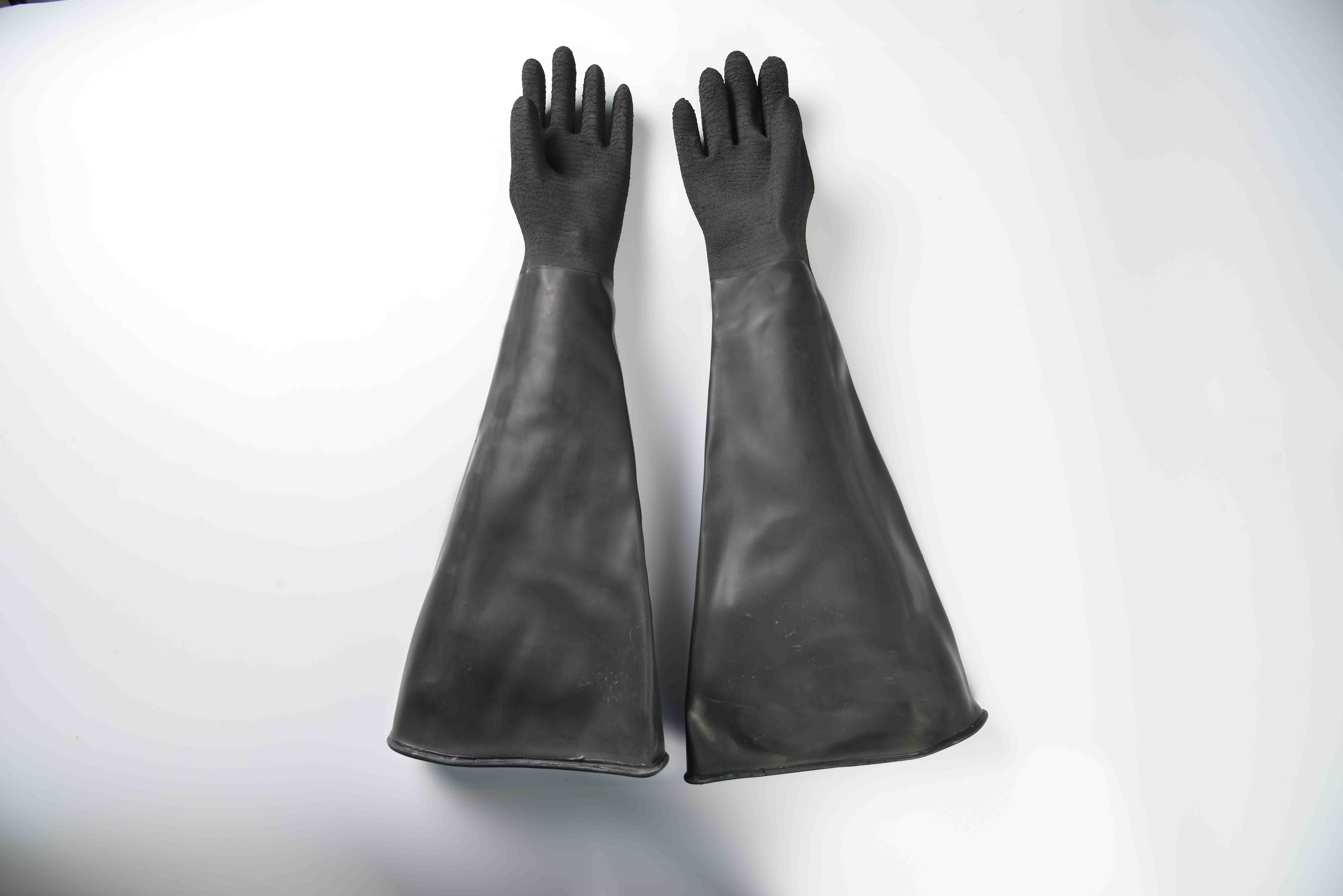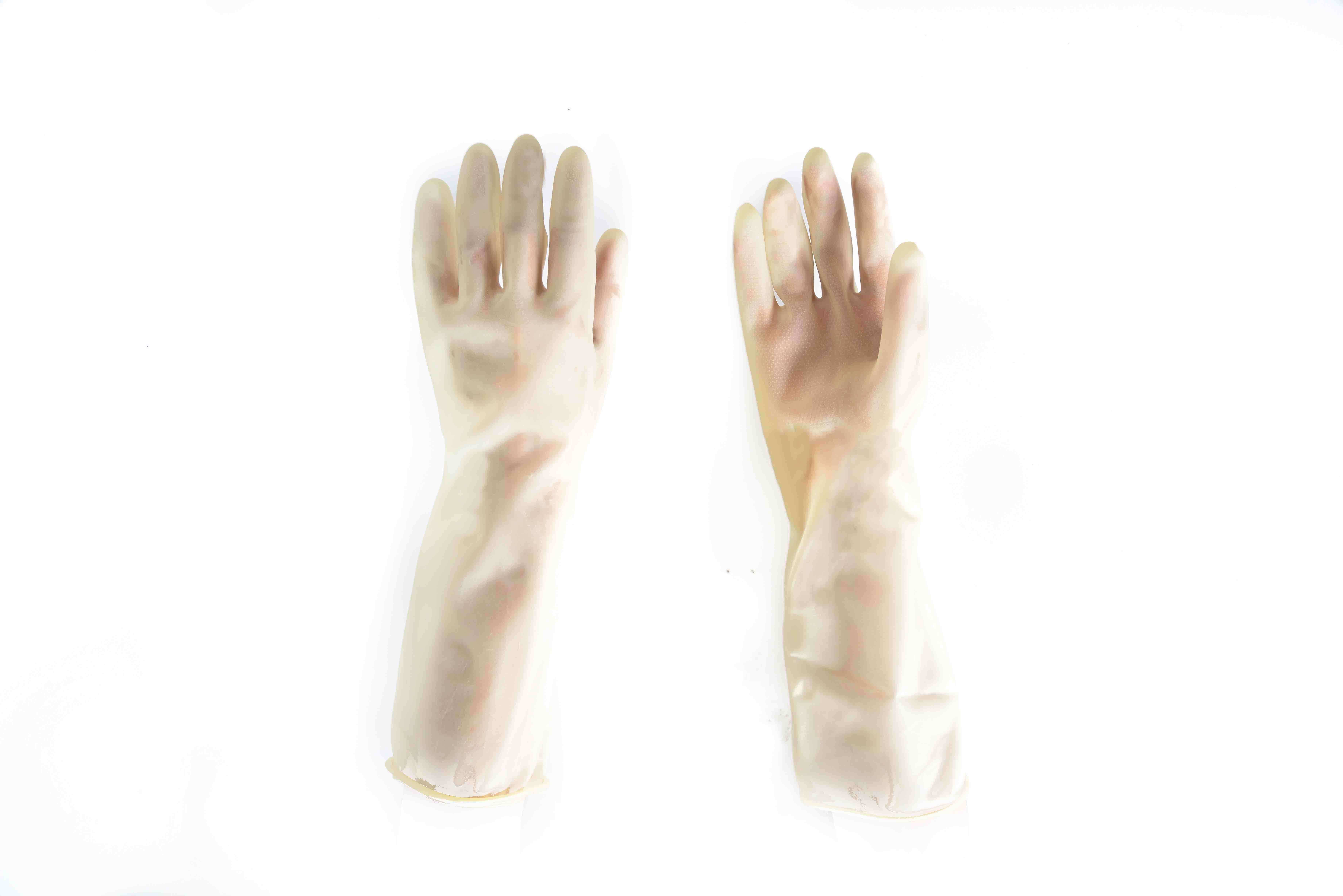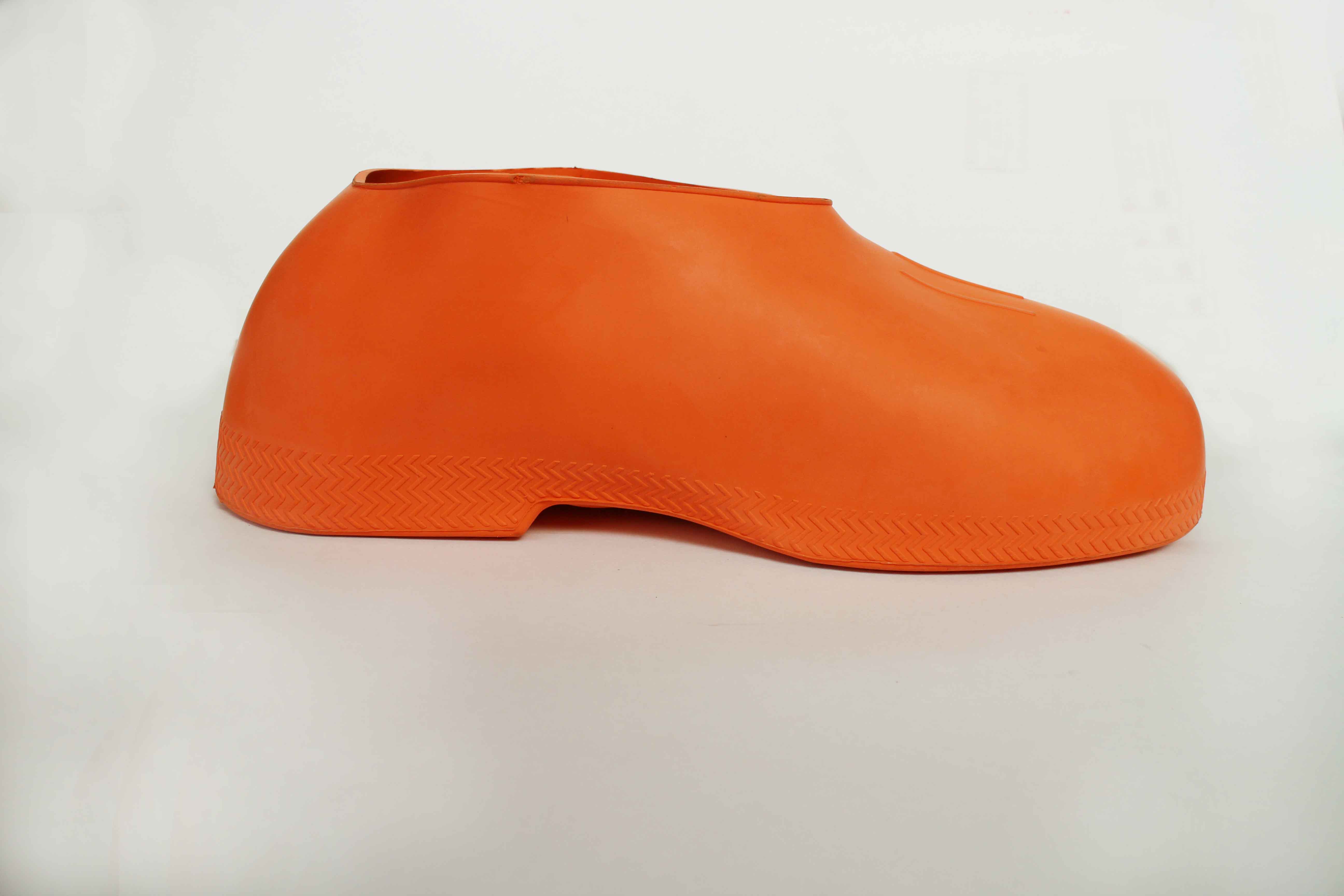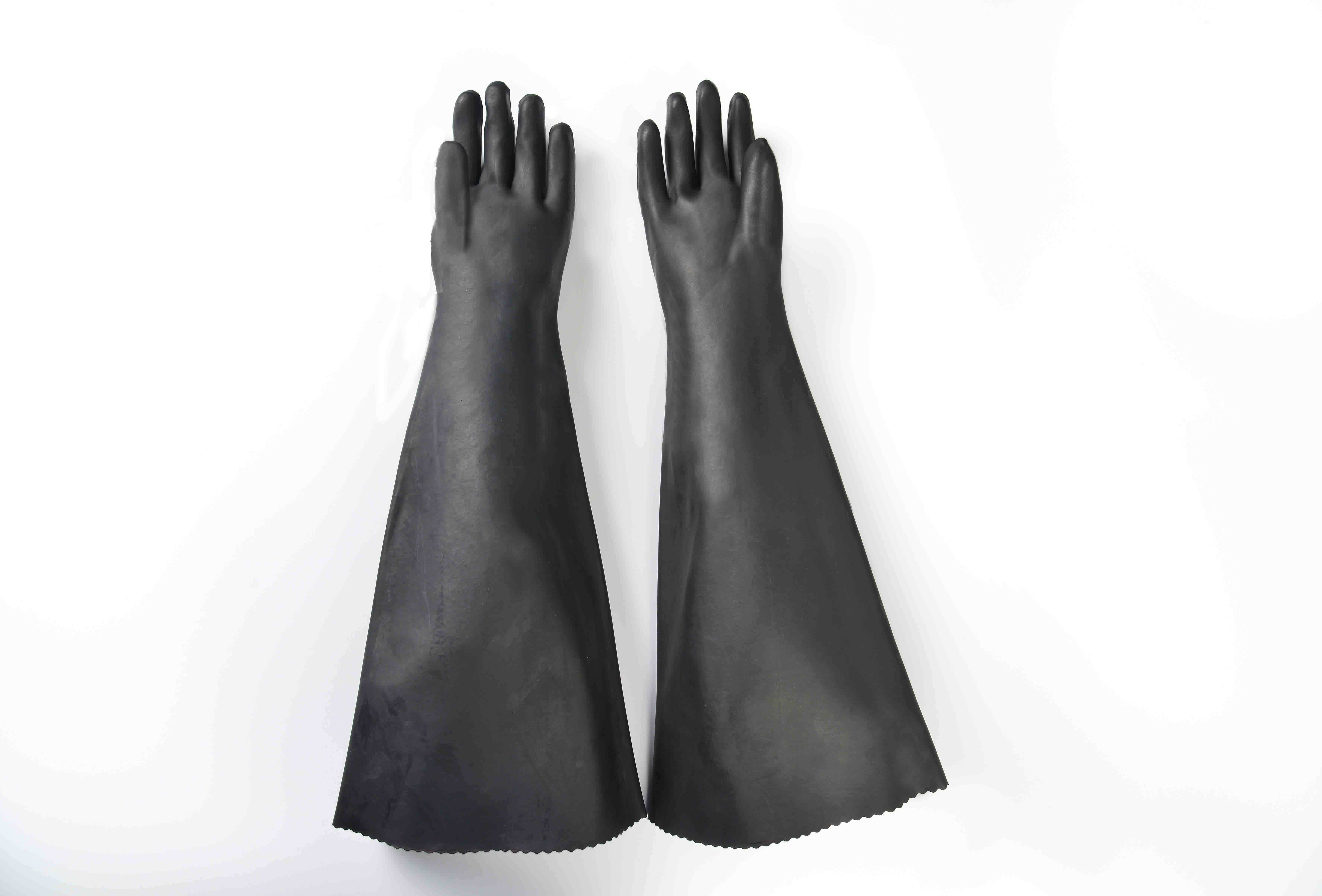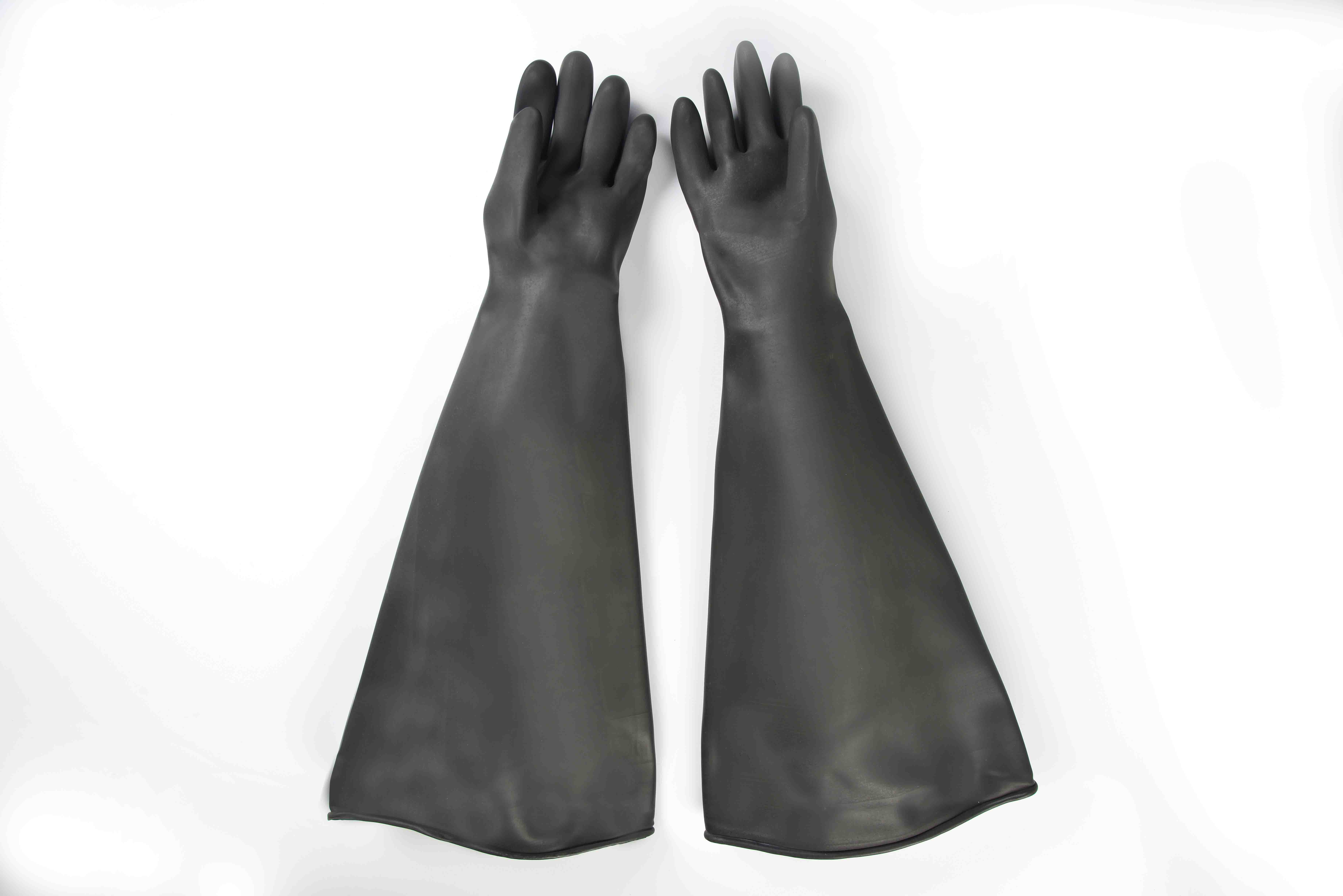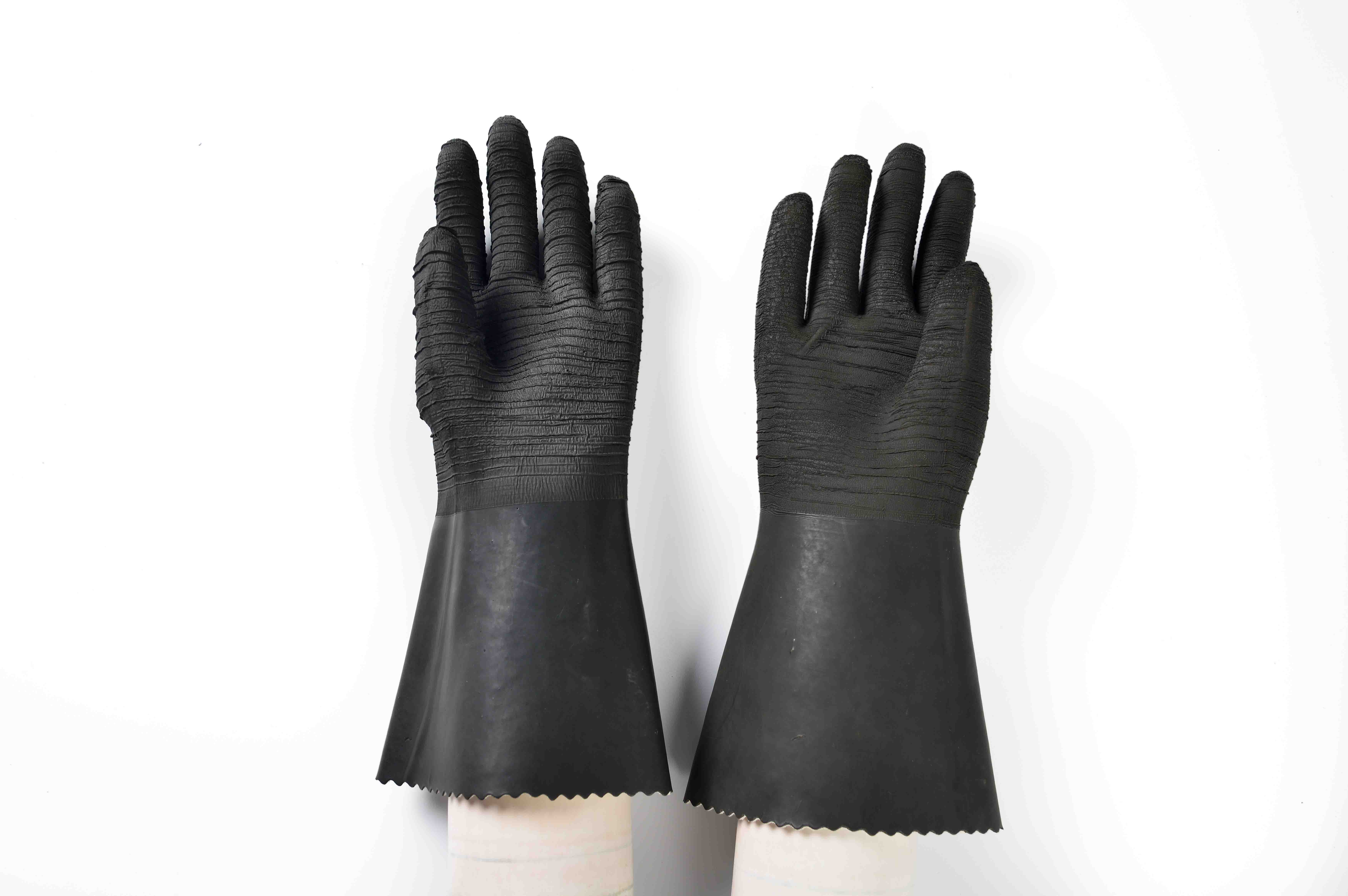Good Quality for 24″ rubber glove with cotton linning-smooth finish supply for Myanmar
Short Description:
Heavy duty rubber glove, made of 100% natural latex. 24″ length(62cm), smooth finish, seamless, cotton lining,left/right hand, 570g/pair. 50pairs/case. Water proof, anti acid and alkali. Using for Isolater, dry box, blast cabinet, glove box, etc.
Product Detail
FAQ
Product Tags
we thinks What customers think, the urgency of urgency to act in the interests of a customer position of principle, allowing for better quality, lower processing costs, prices are more reasonable, won the new and old customers the support and affirmation Good Quality for 24″ rubber glove with cotton linning-smooth finish supply for Myanmar, If you are interested in our products, please feel free to send us your inquiry. We sincerely hope to establish win-win business relationships with you.
Heavy duty rubber glove, made of 100% natural latex.
24″ length(62cm), smooth finish, seamless, cotton lining,left/right hand, 570g/pair. 50pairs/case. Water proof, anti acid and alkali.
Using for Isolater, dry box, blast cabinet, glove box, etc.
FAQ Content
Sandblasting Gloves made of natural rubber with cotton knitted liner, length: 82cm, Size 10.
E-mail: sales@kangfeides.com
Amazon-US: http://trizz.us/slus/2/com/B005UMRMF4/critique
Step into fashion with Superga’s intercontinental favorites in footwear! Our typical, canvas upper kick will come in a plethora of should-have hues, making each and every one particular a closet essential.
No matter whether on a daytime journey or a midnight escapade, these cotton classics are incredibly hot with cropped pants, a tank and your accessories.
lined in excess robust, absolutely breathable pure cotton.
Outsole is 100% organic rubber

